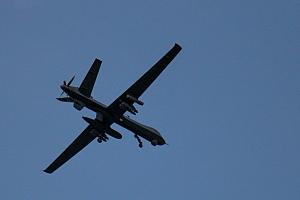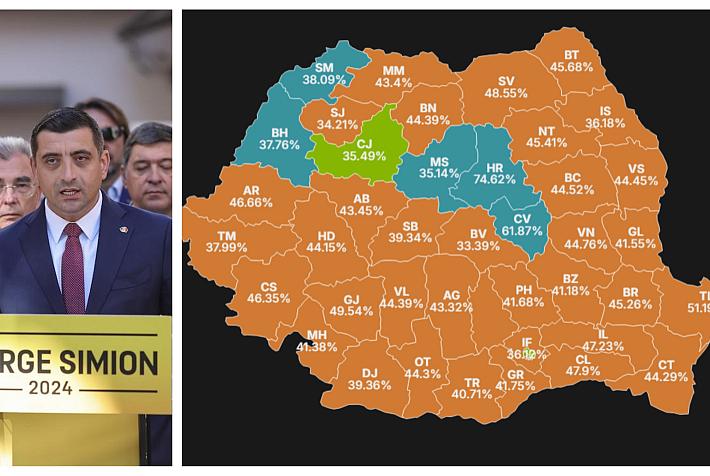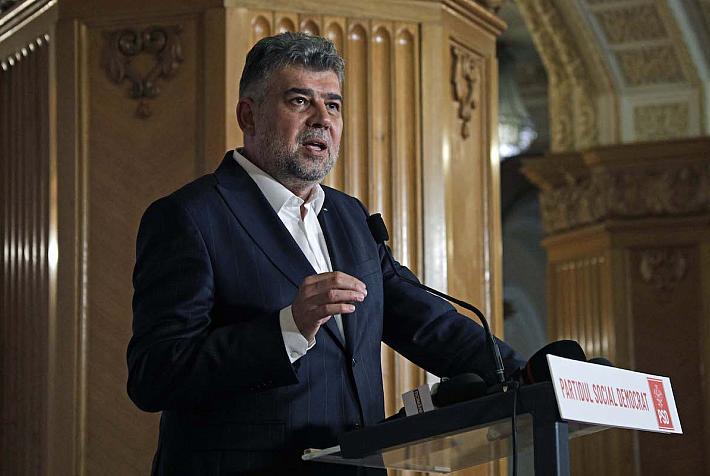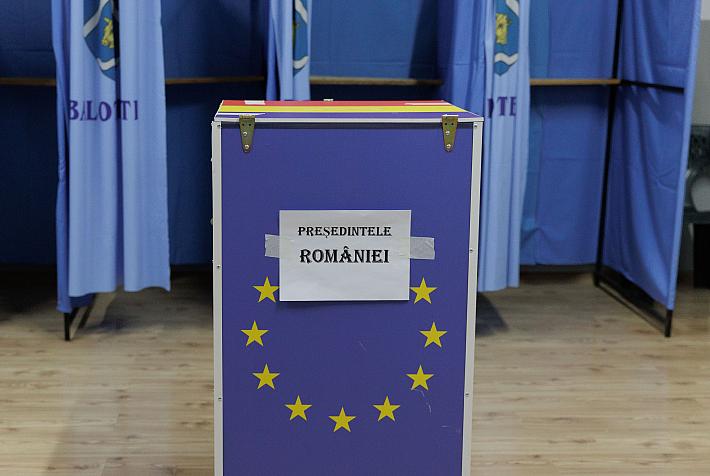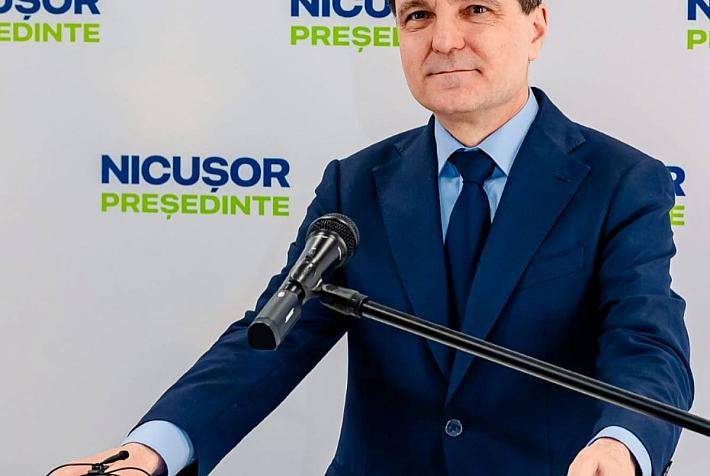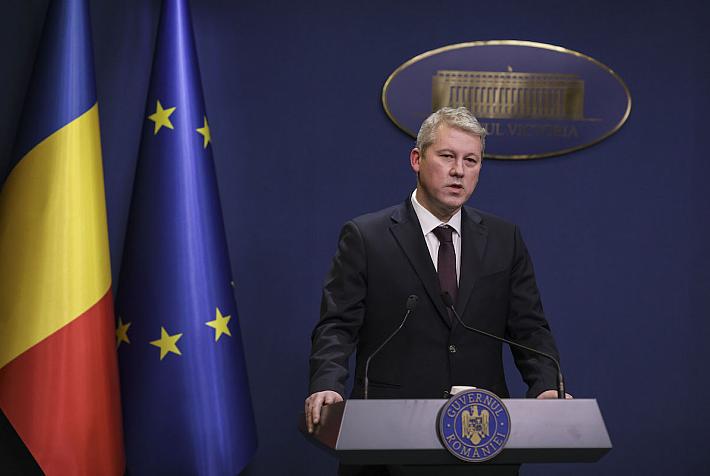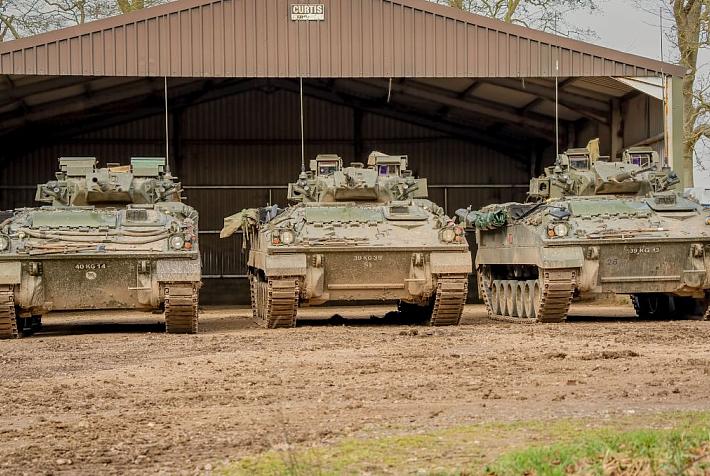B9 NATO countries call for integrated air defence system to address Russian threat
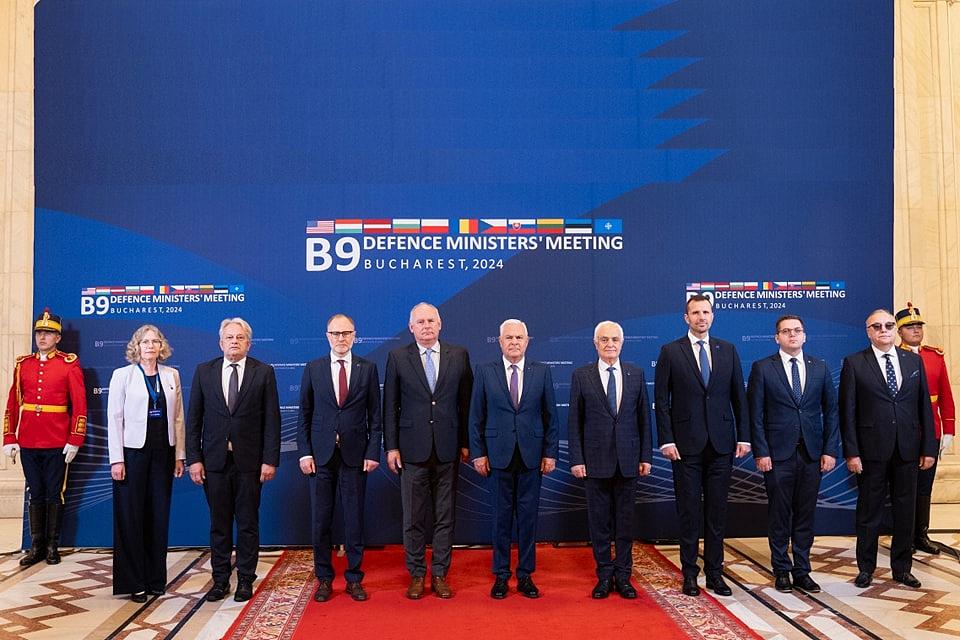
The NATO countries forming the Bucharest Nine (B9) format, summoned in Romania’s capital city on September 18, called for a "joint air defence" system in response to the Russian “slow flying objects” (drones) that are increasingly violating the allied airspace during attacks against Ukraine.
“This is a new reality that cannot be left disregarded. We need a collective answer within NATO to challenges posed by modern weapons and technologies including through boosting our capabilities of detecting, identifying and, if necessary, engaging low and slow flying objects," reads a joint statement of the B9 countries quoted by Agerpres.
"The B9 states are deeply concerned about the repeated incursions of Russian drones and missiles into NATO airspace in Poland, Romania, and Latvia, as well as the escalation of tensions along NATO's borders," Romanian defence minister Angel Tilvar said, quoted by Kyiv Independent during a press briefing after the B9 meeting in Bucharest.
The B9 signatories call for the consolidation of NATO’s integrated air defence system in the region and for the "fastest possible" implementation of the system through rotation in this regard.
''We support initiatives to utilise all available opportunities and resources within the EU and NATO to increase European air and missile defence capabilities. We reiterate the need for Russia's full compliance with international law, including the inviolability of NATO airspace,'' the statement reads.
The B9 format includes nine Central and Eastern European members of NATO and EU: Romania, Bulgaria, Hungary, Slovakia, Czechia, Poland, Lithuania, Latvia, and Estonia.
iulian@romania-insider.com
(Photo source: Facebook/Angel Tilvar, MApN)






